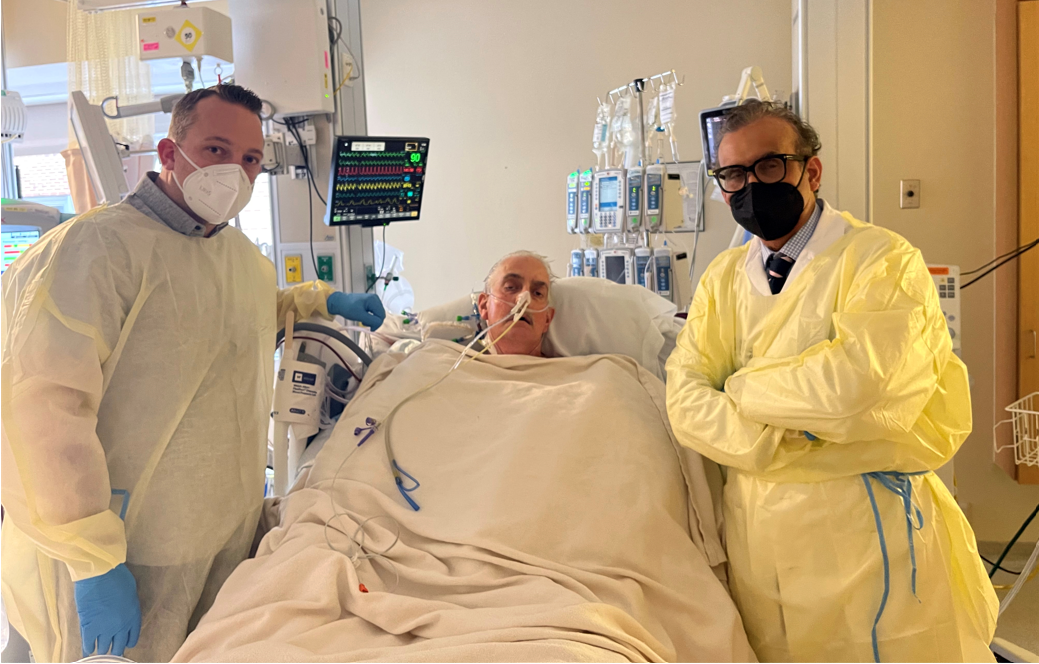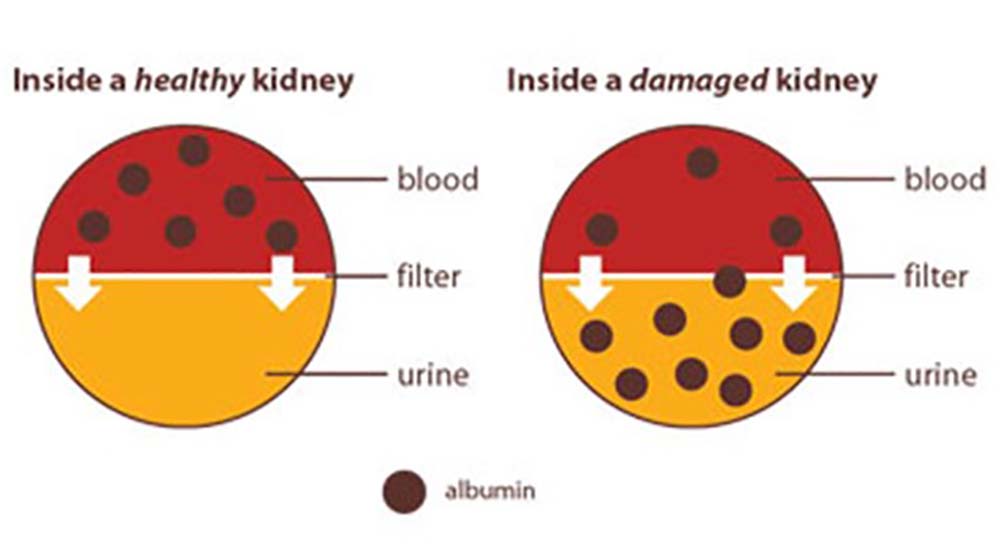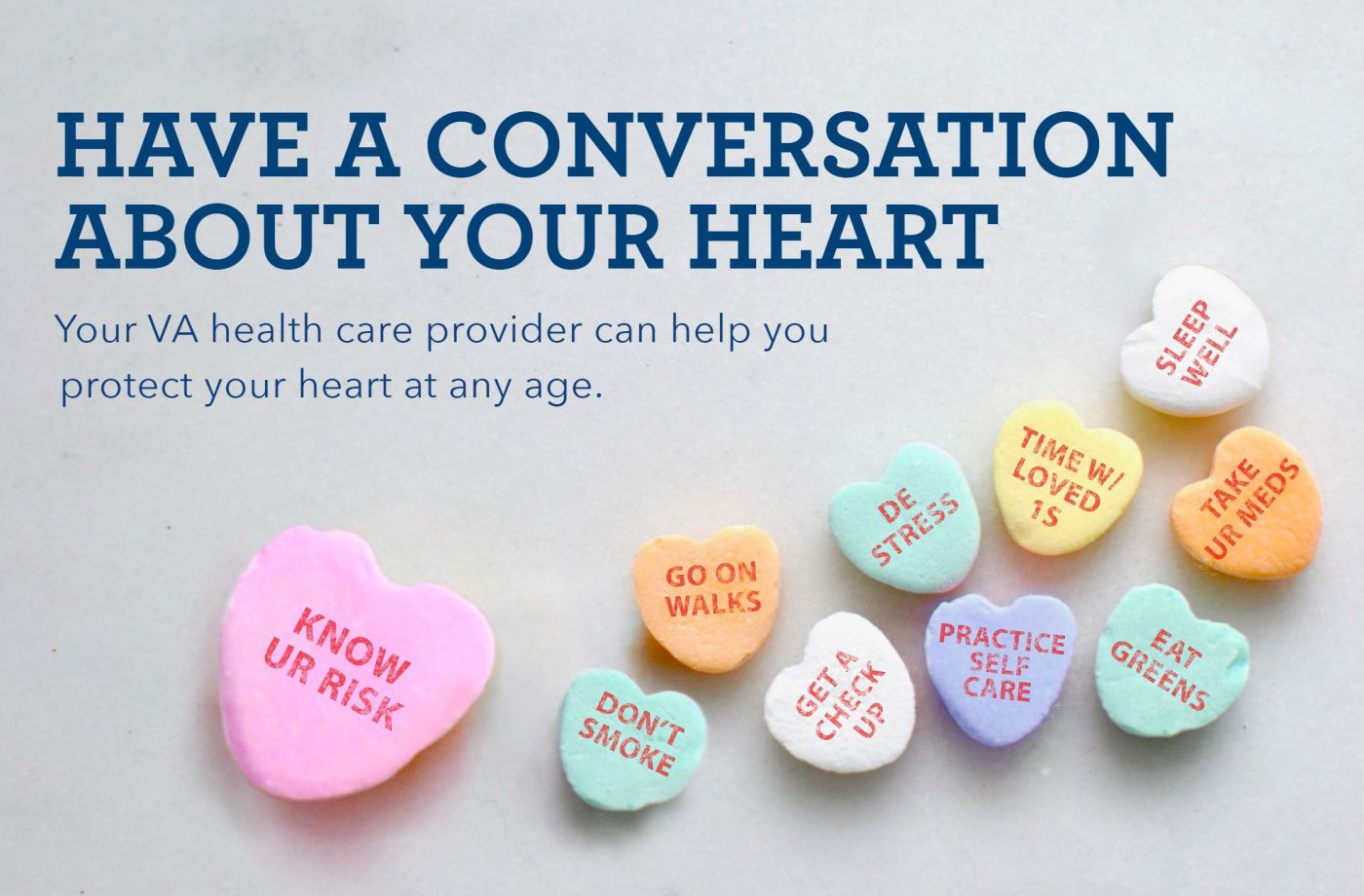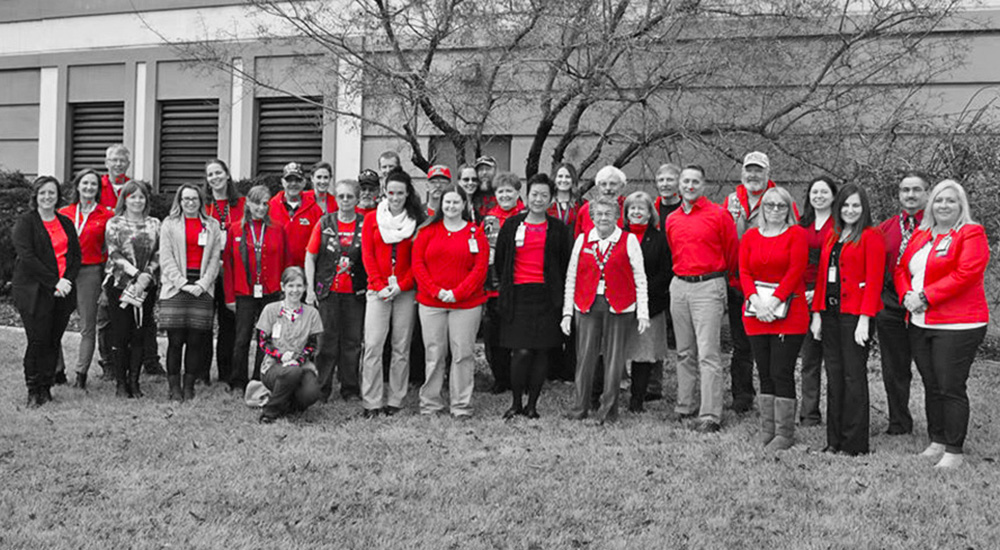Loneliness can be a risk factor for dementia, stroke and heart disease. It also can increase risk of depression, anxiety and substance abuse.
Veterans access Nutrition and Food Services programs offered by VA with technology like VA Video Connect. Virtual visits have positive impact.
VA-funded research starting in the 1990s helped uncover knowledge that proved to be key—along with findings by many other groups—to establishing the technique of transplanting a pig’s heart into a person. The researcher leading this work at VA was Dr. Richard Pierson, a specialist in thoracic and cardiac surgery who is now with Massachusetts General Hospital and Harvard University.
Many Americans are at risk for heart disease and stroke. Many of the major risk factors for these problems can be prevented and controlled.
Many people with kidney disease don't have symptoms until kidney damage is very advanced. Blood and urine tests confirm kidney disease.
Have a conversation with your provider about your risk factors for heart disease, especially if you are coping with stress, PTSD, or trauma.
The study’s principal investigator, Dr. Dan Blalock, says one possible explanation for the finding is that healthier patients in the study sample liked to drink in moderate amounts.
Tina Turner tune took VA dietitian back to a basic question: What’s food got to do with the many benefits of a healthy lifestyle?
This month is all about encouraging men to take care of their bodies by eating right, exercising, and working to prevent disease. The goal for this campaign is to heighten awareness of preventable health problems.
Research has shown that those who garden seem to have lower levels of stress, lower levels of chronic inflammation, which can lower risk for heart disease and other chronic conditions.
Minority women at greater risk of heart disease. VA providers specializing in women’s health can give you information about lowering your risk factors. Diet and exercise changes lower your risks.
VA is encouraging Veterans and their families to participate in Wear Red Day on February 5. This annual event unites people nationwide around the common goal of eradicating heart disease.













